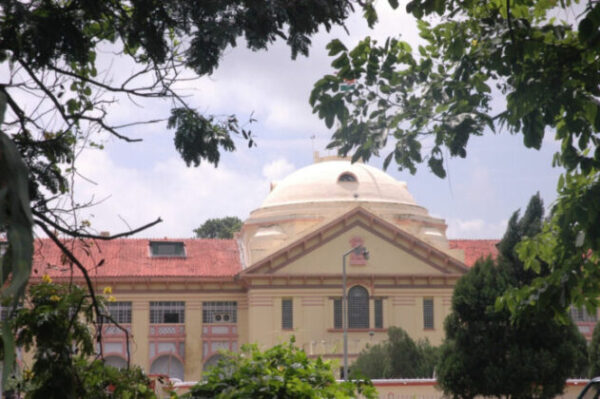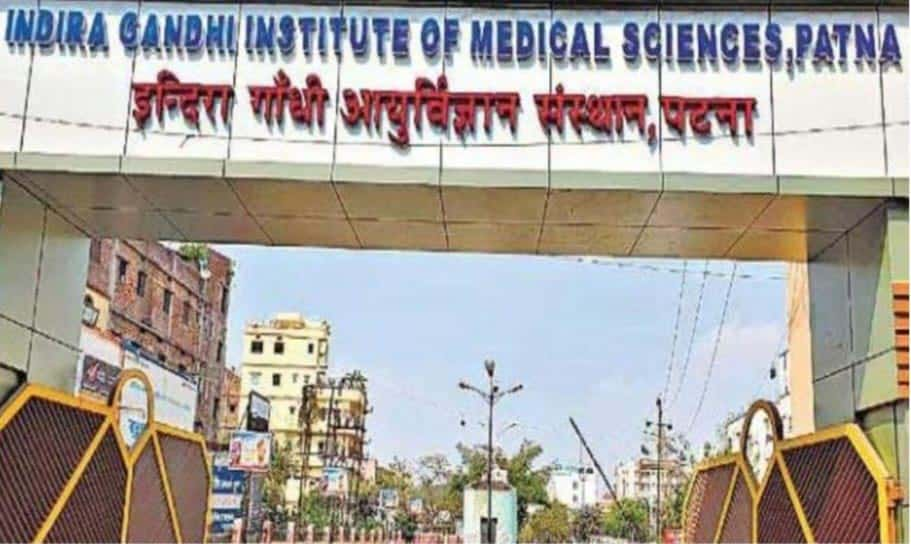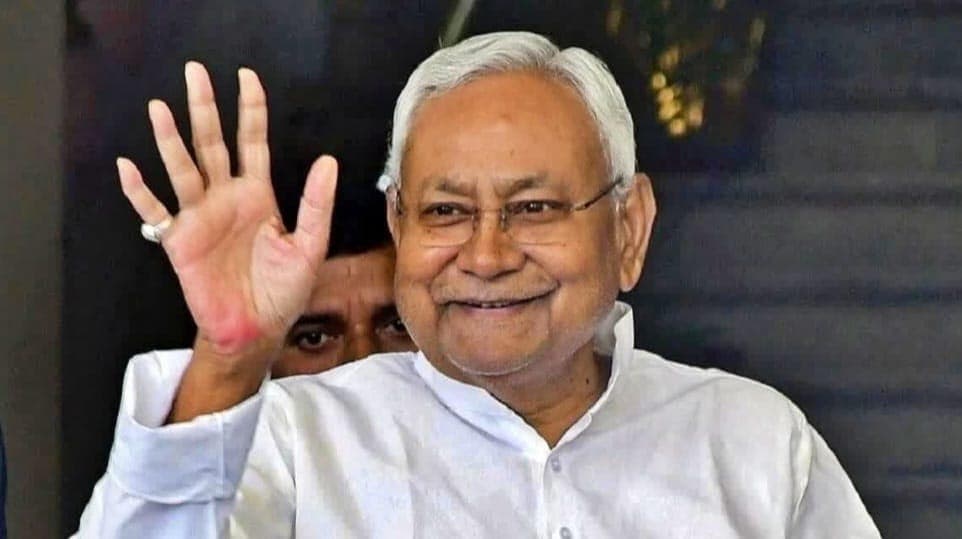By Alok Mohit and Neeraj Kumar
Patna, June 20: In a major setback to the Nitish Kumar-led NDA government in Bihar, the Patna High Court on Thursday quashed the state’s law that provided 65% reservation to Scheduled Castes (SCs), Scheduled Tribes (STs), Extremely Backward Classes (EBCs) and Other Backward Classes (OBCs) in government jobs and educational institutions.
A division bench comprising chief justice KV Chandran and justice Harish Kumar, while hearing a bunch of petitions challenging 65% quota, set aside the Bihar Reservation of Vacancies in Posts and Services (Amendment) Act, 2023, and the Bihar (In Admission in Educational Institutions) Reservation (Amendment) Act, 2023. Allowing the petitions, the bench termed the two Acts as “unconstitutional and violative of the equality clauses under Articles 14, 15, and 16 of the Constitution”.
The verdict comes after a prolonged legal battle over the state government’s decision to increase the reservation from the existing 50% to 65%.
The court had reserved its judgment on March 11, 2024.
The Bihar legislature in November 2023 had given nod to the two reservation bills that amended laws to increase the quota for Backward Classes, Extremely Backward Classes and SC, STs from 50 per cent to 65 per cent. The enactment of new laws made Bihar the state with the highest reservation percentage among larger states, reaching a total of 75 per cent.
Defending the two quota laws, state advocate-general PK Shahi argued that the increased reservations were necessary due to the inadequate representation of these communities in education and employment. However, the court found the government’s approach of setting reservations based on caste proportions rather than adequate representation in government jobs to be flawed.
The petitioners, represented by advocate Dinu Kumar, contended that the decision was based on a caste survey and not on the grounds of inadequate representation.
Kumar argued that the state government’s decision to provide 65% reservation violated the Supreme Court’s judgment in the Indra Sawhney case, which had capped the overall reservation at 50%. The petitioners also pointed out that the caste survey, on which the decision was based, was still pending before the Supreme Court.











